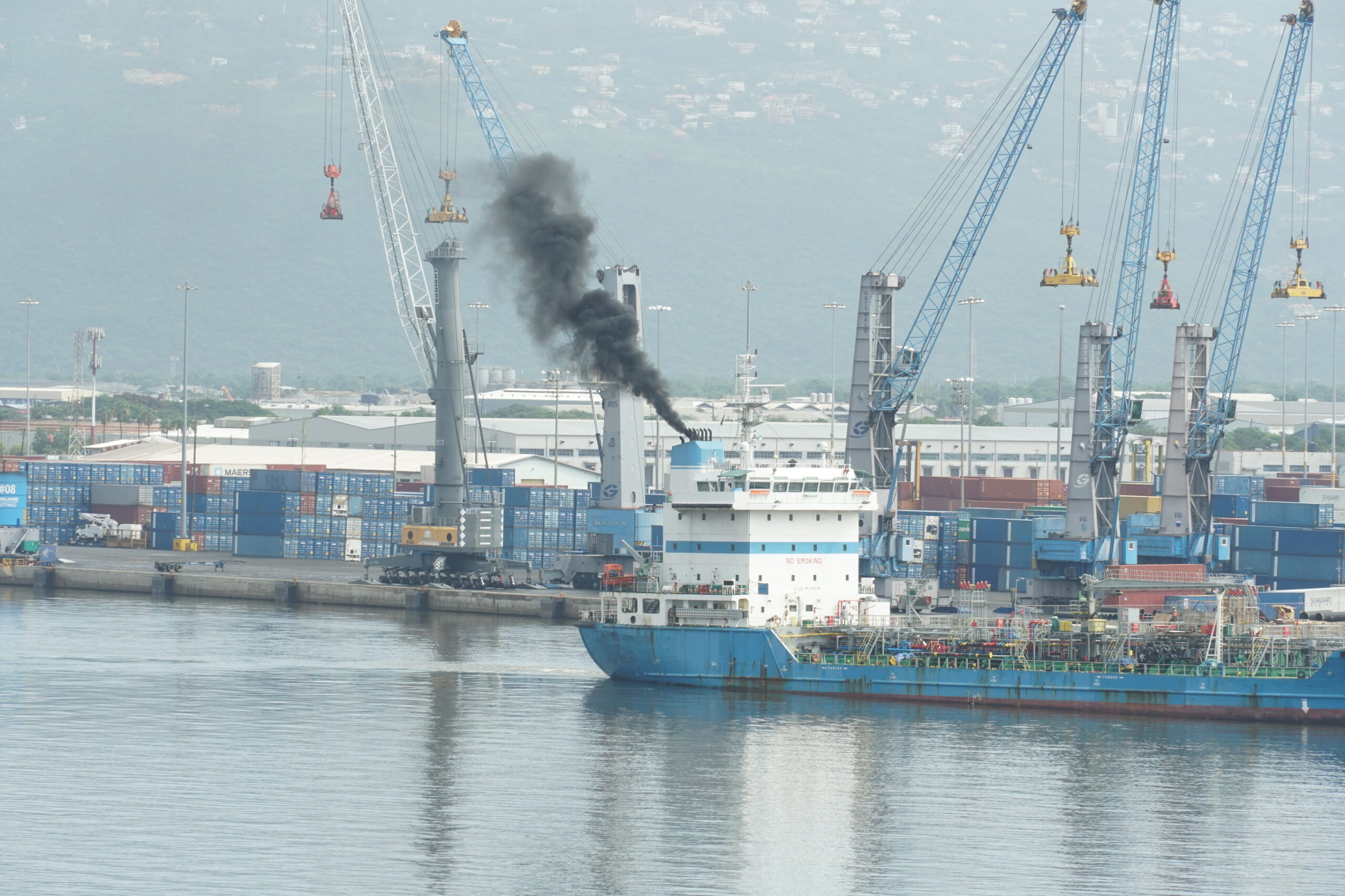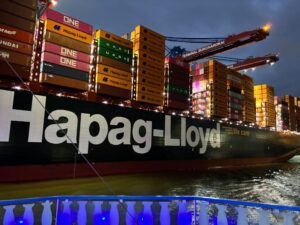A survey of law firm Reed Smith clients revealed that it would take more than 15 years for transportation to be powered by 100% sustainable fuel sources and that LNG is the most likely transitional fuel in the next three to five years.
The cost of sustainable energy and inadequate supply chain infrastructure are thought to be the biggest barriers to transitioning to sustainable fuel sources, according to transportation industry professionals – almost 50 of Reed Smith’s clients across the sector – who took part in a survey.
Over a third of respondents stated that both the cost of sustainable energy and inadequate infrastructure in the supply chain would be the biggest barriers in the next five to ten years.
Almost half of respondents believe that it would take more than 15 years for transportation to be powered by 100% sustainable fuel sources.
Furthermore, nearly half of the respondents cited dual fuel and LNG as the most likely to be used as a transitional fuel in the next 3-5 years.
In addition, the cost and regulatory restrictions are the biggest factors affecting respondents use of sustainable fuel sources.
One third of respondents cited uncertainty in interpreting/ensuring compliance with new or complex regulations as their key worry in transitioning towards sustainable fuel sources.
Respondents, nearly half of them, cited biofuel and green hydrogen when asked which sustainable fuels had the most potential for widescale application in the transportation sector.
Respondents were not limited to the maritime industry, with the survey reaching Reed Smith’s clients across maritime, aviation, logistics, manufacturing, utilities, and environmental services.
Reed Smith’s partner, Thor Maalouf, who advises on all aspects of commercial shipping and maritime law, said: “It is unsurprising that our respondents had more confidence in green biomass derived fuels rather than ‘blue’ fuels. The outlook for likely future regulatory treatment of ‘blue’ fuels, which are created artificially using electricity or other power generated from sustainable sources, is less clear than treatment for green or biomass-derived fuels which have a clearer low-carbon footprint.”
Nick Austin, Reed Smith transportation partner, commented on the findings that cost and regulatory restrictions are the biggest factors affecting the use of sustainable fuel sources.
“This reflects our experience in maritime decarbonisation, where companies are facing new costs, such as EU ETS, and a range of other initiatives such as the IMO’s Carbon Intensity Indicator (CII) which impose both an administrative and economic burden on vessels to reduce emissions,” said Austin.
A lack of infrastructure was also a concern for respondents. Austin said that their clients are concerned at the “lack of commitment from global governments to support the new infrastructure” which is critical to sustainable fuel coming to market, and that considerable investment is needed in ports and other land-based facilities.
“Identifying the best solution, taking into account factors such as cost, safety, storage, and scalability, poses a significant challenge. Therefore, we decided to engage directly with our clients, who are deeply immersed in these issues, to gain insights into their forecasts, perspectives, and to understand the biggest challenges they face,” concluded Antonia Panayides, another Reed Smith transportation partner.



